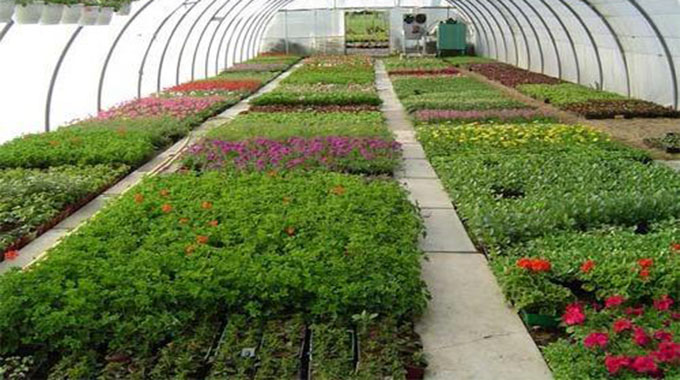
Oliver Kazunga, Senior Business Reporter
ZIMBABWE has potential to generate more than US$1 billion from exporting horticultural products around the world riding on the country’s favourable climatic conditions and private sector participation.
ZimTrade manager for export development, Mr Tatenda Marume said this during the southern region horticulture export awareness virtual meeting held last Thursday. The meeting was organised by ZimTrade, the country’s trade and development agency. In his address, Mr Marume said Zimbabwe was exporting between US$120 million and US$122 million worth of horticulture products annually.
“This is still less than what we did in 1998 and 1999 and the reason why I am saying this is not to depress you but to show there is potential in that particular sector,” he said.
Mr Marume said with the right interventions and private sector participation, the country could realise more than US$1 billion from exports.
The country has a number of horticulture products that include citrus fruits, flowers, peas and berries, among others.
Some of the products already contributing to the country’s export earnings are citrus fruits at 32 percent, flowers (25 percent) and peas (19 percent).
“The reasons why we are competitive in exporting the horticulture products, I think it’s common to everyone that we have one of the best climates in terms of production of crops,” said Mr Marume.
“The temperature and rainfall give us unique supply windows into the markets . . . and this gives us quite a good advantage in terms of the pricing during those window periods.”
Mr Marume said Zimbabwe was known for producing products of unique taste and this was not just allegations but there has been scientific explanation to that.
“The reasons actually are that we have a conducive climate and we have the right soils to produce some of the best produce, and one of the reasons is that we have favourable trade agreements with key markets specifically the European Union market where according to the EPA, we can export duty-free to the EU.
“This gives you a leg up and because of Brexit, UK (United Kingdom) is one of our key markets as well. We are probably going to have a roll-over of the same conditions with the EU where there is duty-free and quota access into these markets,” he said.
The horticulture sector in Zimbabwe, Mr Marume said, has been vibrant since the 1980s and grew rapidly over the years before reaching its peak between 1998 and 1999 when the country generated about US$143 million, contributing 4,5 percent to the Gross Domestic Product (GDP). At the moment the horticulture industry contributes less than one percent to the GDP. At its peak Zimbabwe used to export more than Kenya but now the situation has changed as the East African country is exporting more than US$1 billion worth of horticulture products. – @okazunga.
